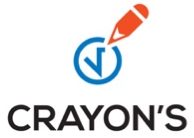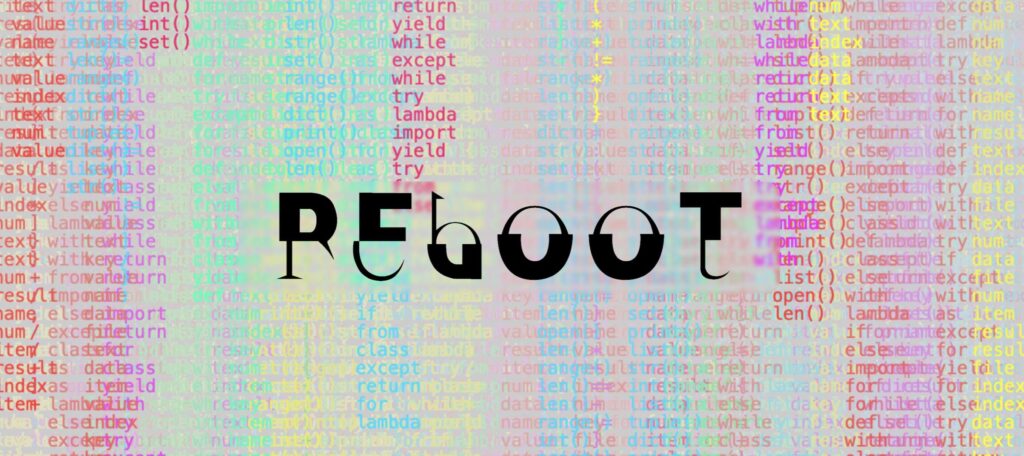european projects
erasmus+ · capacity building · creative europe
SEALS
SEALS strongly supports social innovators and changemakers, providing them with the necessary tools to make positive organizational changes. The foundation has a proven track record of success, having worked as an outside expert on numerous EU-funded projects before becoming independent.
The foundation consists of a highly talented and diverse team of five individuals from various fields who bring experience and expertise to their work. SEALS is involved in multiple initiatives related to tourism, social inclusion, and developing hard and soft skills.
KA1 training
To execute its projects, SEALS collaborates with numerous universities, museums, and libraries, leveraging the resources of these institutions to achieve its goals.
Additionally, SEALS provides KA1 training courses for higher education and vocational training tailored to meet these institutions’ specific needs. These courses help institutions improve their educational leadership, develop new skills, and keep up with the latest trends in their respective fields.
RE<BOOT> project
Higher Education
Reestructuring the knowledge acquisition pattern of HED students with Generative AI to launch upskilled talents in the creative economy
Artificial Intelligence suggests replacement and replication – machines mimicking humanscognition. Generative Intelligence embraces multiplication and creation – systems that spawn new contexts, knowledge, and possibilities that didn’t exist before. You do not have an assistant, you have a co-worker. Both cooperate to co-create and enhance each other, and understand how you can co-create AI applications that make sense.
InclusionHED project
Higher Education
Upskilling HED Students to create transformative cultural experiences for audiences with disabilities. By introducing verified skills and opening new fields of application, iNCLUSION supports HED students in the development of digital culture that can serve as a link between digital industries and audiences with special needs. The main objective is to converge the needs of disabled audiences for cultural heritage experiences with educational curricula and informal training.
Brave project aims to empower unemployed adults who have difficulties in finding a new employment because of the increasingly specialised skills required by the market. To this end, BRAVE develops specific learning paths supporting adults to reconsider their life and expectations and to become aware of their own professional ambitions and objectives, as a way to reach their own personal fulfilment. The learning path is focused both on personal and social skills and on entrepreneurial skills, finalized to the prototyping of participants’ business models. The project provides skills at every level tailored on the new requisites demanded (basic, transversal & soft skills, entrepreneurial, foreign language & digital skills).
How can museums and galleries reach young audiences, and make them embrace empathy?
Change museum’s way of working, disturb their business as usual, have them interact with audiences – make the young visitors part of their collections. Train the trainer. Speak daringly, focus on the emerging global topics. By choosing works of migrants in national galleries and museums. By showing that migrations are not a new phenomenon: some migrants from previous centuries were artists and their works became national treasures.
Get2Action is a groundbreaking project that aims to revolutionize the way young people interact with museums, cultural organizations, and their own creativity. Our mission is to improve the development of skills and competences that enhance creativity while stimulating the quality and innovation of youth work. By empowering young people for more active civic and cultural participation, we provide them with the tools and resources needed to approach museums and cultural activities in a different and creative way.
SMART Tourism Destination increasing citizen’s sentiment of sharing local tourism related values through gamification using emerging mobile Apps and SMALL Data analysis.
The project supports the transformation of the city and the actual teaching of tourism model at Destination Management. It implements new learning skills and digital assessment. Introduces concepts of innovation, technology, sustainability and accessibility to guarantee the present and future of tourism.
The project proposes an innovative implementation of the vibrant tourism experience of the partners’ countries and increases citizens’ sentiment of sharing local tourism-related values co-creation geo-referenced stories.Very connected to SMART TOURISM CITIES.
Tackling the challenges of the European Education Area by building resilient, inclusive and forward-looking training to upskill HED students face the transformations in digital culture with new e-skills, intercultural and entrepreneurial competences.
Digital technologies are omnipresent, whether in science, business, politics or even in the most private spheres. It was though the COVID-19 pandemic that accelerated the pace, making clear that the future will require the workforce to adapt and learn new skills in a fast-moving technological landscape, the cultural sector included. To remain competitive, the cultural domains need to apply the technology-intense-experience to innovate along with an entrepreneurial mindset besides recruiting and retaining talents
Heritage4Growth (Heritage for Growth) helps establish a new paradigm for upskilled pathways in entrepreneurial education by addressing the changing nature of ICT, with multiple users interacting with multiple technologies. Boosting green skills considering the 17 SDG and the EU Green Deal.
The tourism industry, its content, its organisation and design, its regulation and protection, are all undergoing great changes very much accelerated with the advent of the COVID-10 pandemic. Tourism creates employment for people of different ages and skill levels with around half of the tourism workforce in OECD member countries working in small and medium enterprises or SME’s (OECD, 2018). According to Eurostat (2020) 11.7 million Europeans, 9% of the labor market were employed in tourism.
Still, COVID-19 impacted negatively the tourism industry as any other sector: the shutdown of the economy in an attempt to contain transmission led to the layoff of 5.7 million EU workers in the first six months of 2020 (EUROFOUND:2021, “Living and Working in Europe”). As employment steadily returns and digital connectivity increases significantly, the need for digital skills is imperative.
The concept of traditional education has changed radically in recent years and especially in this global situation of the virus. The physically present teacher in a classroom is no longer the only learning option. Currently, students can access quality education as long as they have access to a computer. We can say that we are now entering a new era – the online education revolution. And the teachers, it means they can teach from anywhere, but the most important thing is to be prepared for it. Most teachers are focused on teaching techniques, curriculum materials, and test scores. Teachers focus on what the students learn and not on the real needs of the students.
A bridge between traditional and digital cultural education. Game On! aims to improve children’s education by blending digital and traditional programmes, promoting efficiency and cultural transition.
One of the main goals of these workshops is to cover subjects which are normally not covered in any curricula and provide participants a chance to gain first hand experience.
GameDeck is an innovative authoring tool designed to enhance Vocational Education and Training (VET) through game-inspired methodologies. It leverages Web 2.0 tools and transmedia storytelling to create an immersive educational experience. Teachers take on roles as avatars and puppet masters, following the 12 steps of the “Hero’s Journey” to craft narratives and guide the gameplay across multiple platforms. This approach fosters collaborative, cooperative, and non-linear learning. GameDeck can be utilized on platforms like Facebook, Twitter, Flickr, Vimeo, YouTube, and blogs, encouraging participants to uncover clues and expand the game in diverse digital environments.

Tourban (Adults project)
Overall goal of the project is to achieve Knowledge Triangle, digital integration, opening up education, entrepreneurship and soft skills within the collaboration of large stakeholder map in the tourism sector.

Crayon's (Youth project)
The main aim of the CRAYON’s project is to motivate HEI students and recent graduates, and to stimulate their social entrepreneurship, creativity, innovation and transversal skills.

Xibris (Adults project)
Overall goal of the project is to organize a series of training and in-service training activities in order to develop user-centred new library services based on smart ICT.

